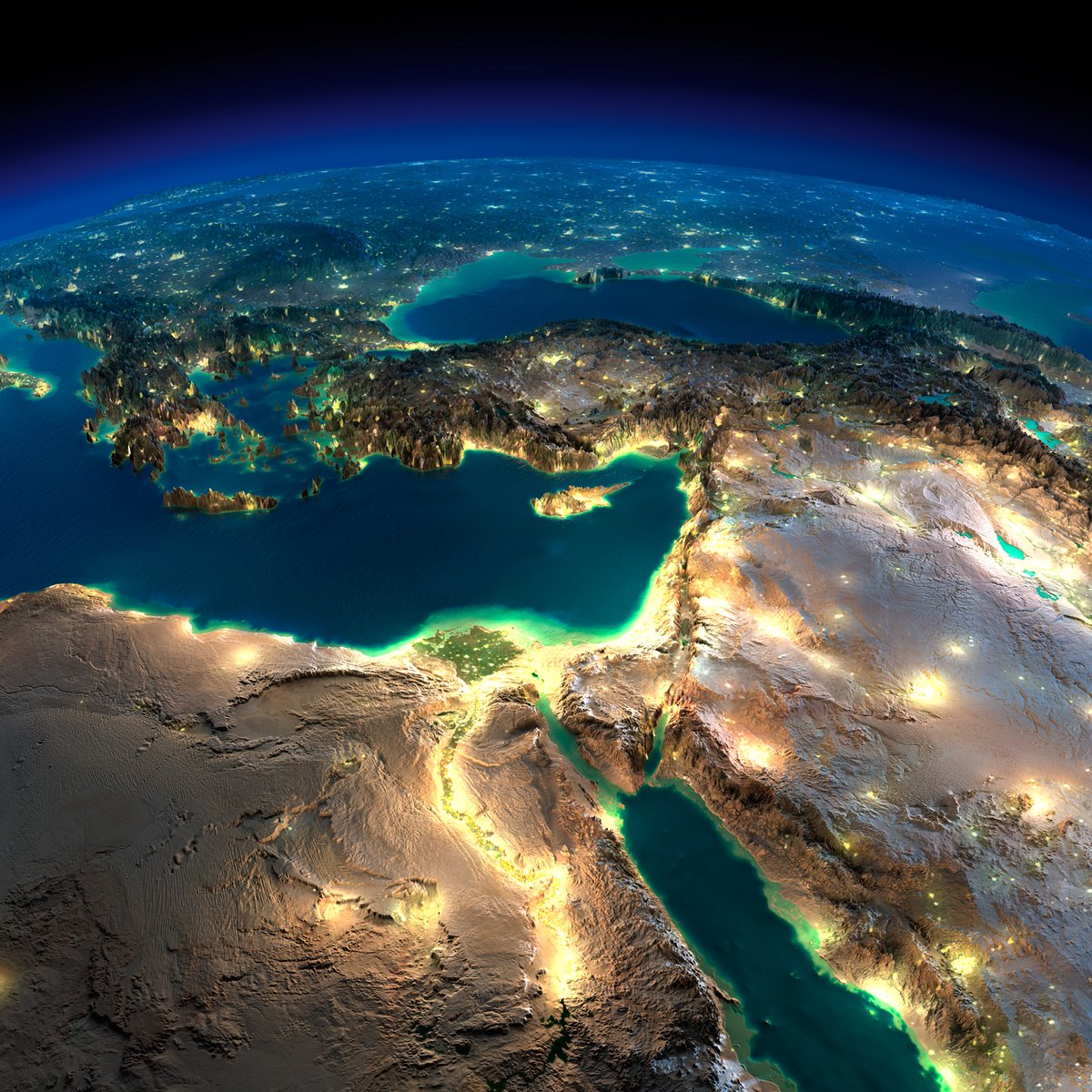Here is a thread from my Covenant & Conversation essay on #LechLecha. You can read it in full here: bit.ly/2ylb9nc & download the accompanying Family Edition here: bit.ly/2OtgItS). #ShabbatShalom
To be a child of Abraham is to have the courage to be different, to challenge the idols of the age, whatever the idols and whichever the age.
In an era of polytheism, it meant seeing the universe as the product of a single creative will – and therefore not meaningless but coherent and meaningful.
In an era of slavery it meant refusing to accept the status quo in the name of God, but instead challenging it in the name of God. When power was worshipped, it meant constructing a society that cared for the powerless, the widow, orphan and stranger.
During centuries in which the mass of mankind was sunk in ignorance, it meant honouring education as the key to human dignity and creating schools to provide universal literacy.
When war was the test of manhood, it meant striving for peace. In ages of radical individualism like today, it means knowing that we are not what we own but what we share; not what we buy but what we give;
that there is something higher than appetite and desire – namely the call that comes to us, as it came to Abraham, from outside ourselves, summoning us to make a contribution to the world.
• • •
Missing some Tweet in this thread? You can try to
force a refresh









